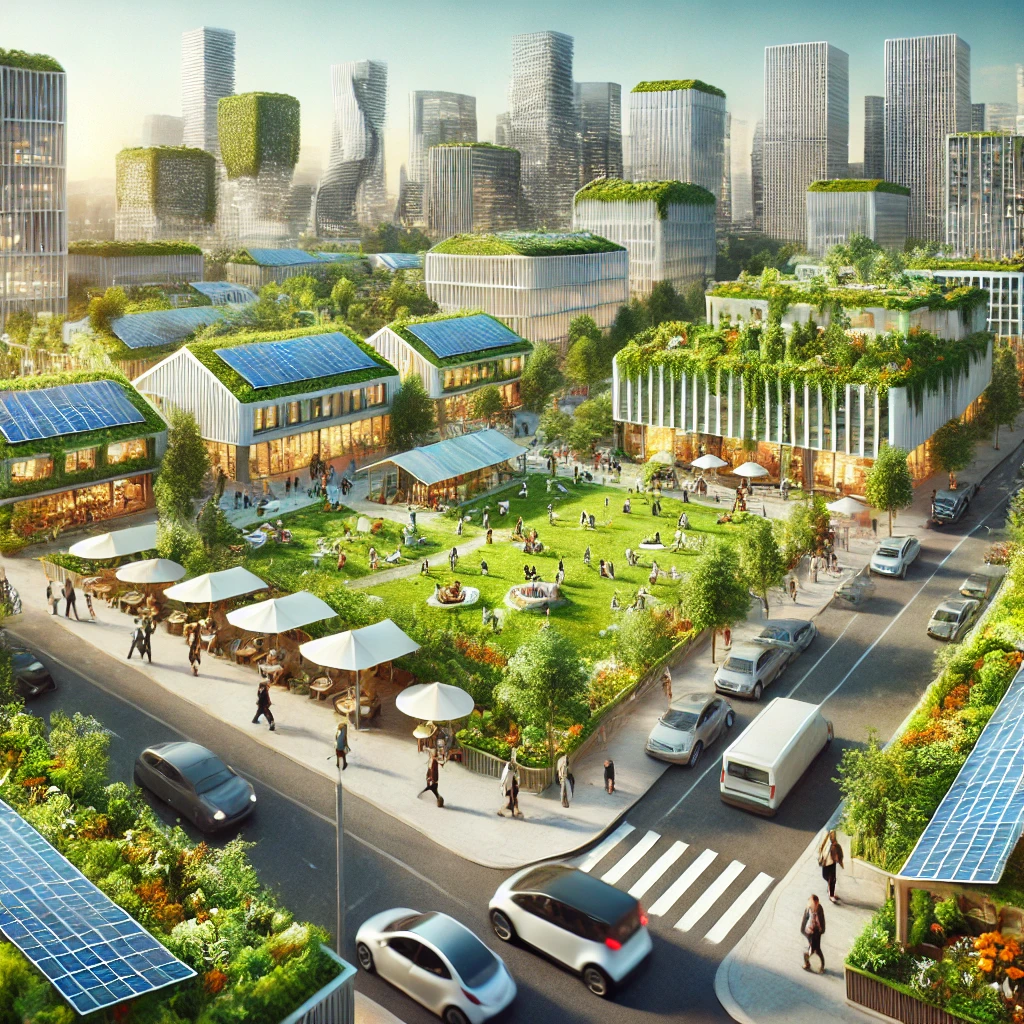Introduction:
As climate change continues to pose significant threats to global stability, the United States has ramped up its efforts to not only mitigate its impacts but also lead the way in sustainable solutions. Recent federal initiatives, combined with private sector innovation and public sentiment, create a dynamic front in the fight against global warming. This article explores the latest policies, projects, and technological advances that signify America’s commitment to a greener future.
Outline:
- Federal Initiatives and Funding
- Overview of new federal policies under the current administration.
- Details on funding allocations for renewable energy and conservation projects.
- Impact of international climate agreements on U.S. policy.
- State-Level Actions and Success Stories
- Highlight specific states leading in renewable energy adoption.
- Case studies of successful local projects that could serve as models for others.
- Technological Innovations and Their Impact
- Advances in renewable energy technologies (solar, wind, bioenergy).
- Development in electric vehicles and infrastructure.
- Role of AI and big data in climate prediction and management.
- Challenges and Controversies
- Discussion of the obstacles to implementing new climate policies.
- Economic impact on industries, especially fossil fuels and manufacturing.
- Political and public resistance to drastic changes.
- Looking Forward: The Path to Net Zero
- Future goals for reducing carbon emissions.
- The role of public awareness and education in achieving these goals.
- International collaboration efforts.
Conclusion:
Summarize the findings and reiterate the importance of continued innovation and policy support to meet climate goals. Discuss the potential global leadership role of the U.S. in climate action.


